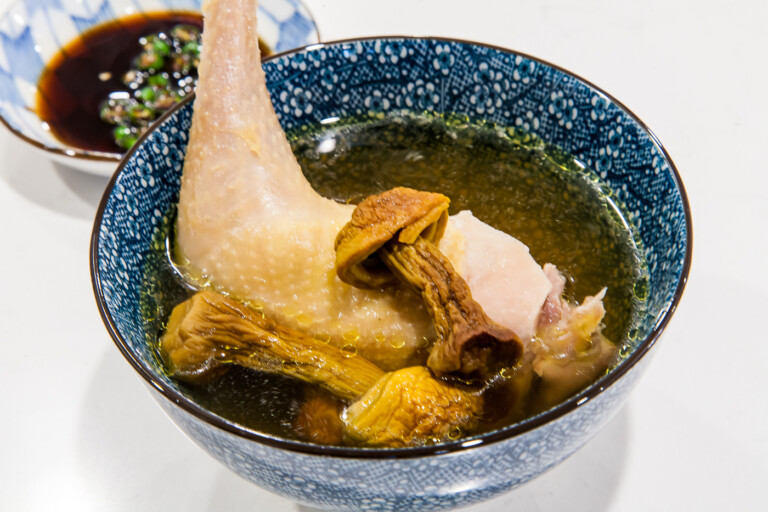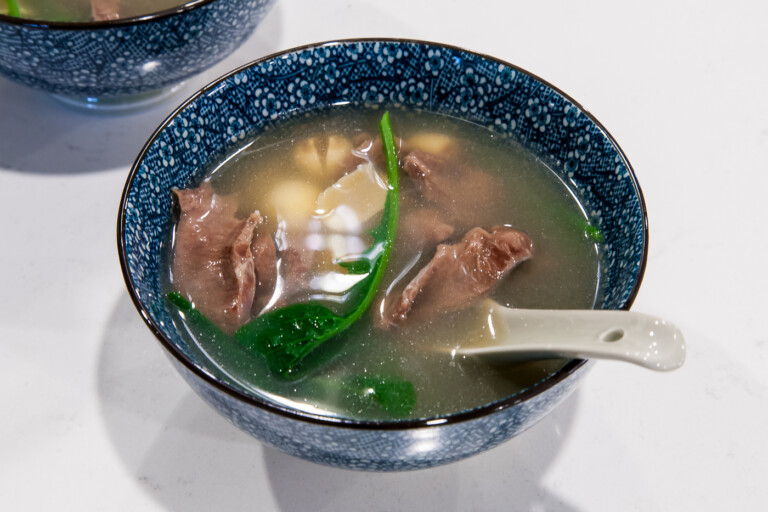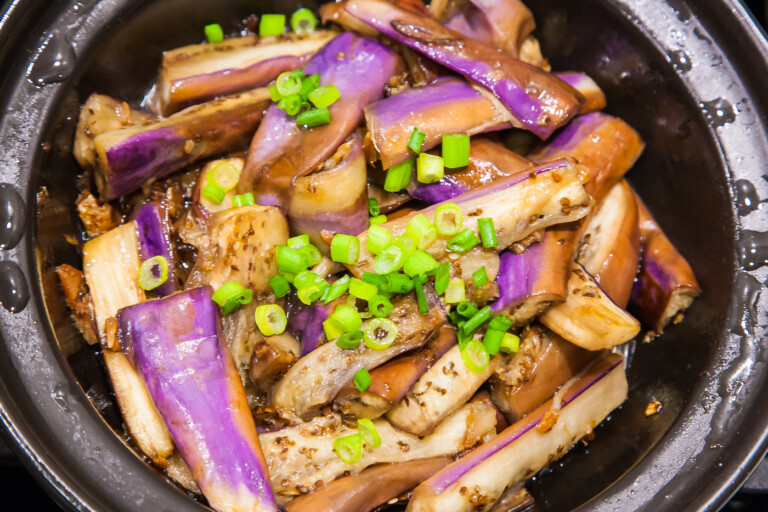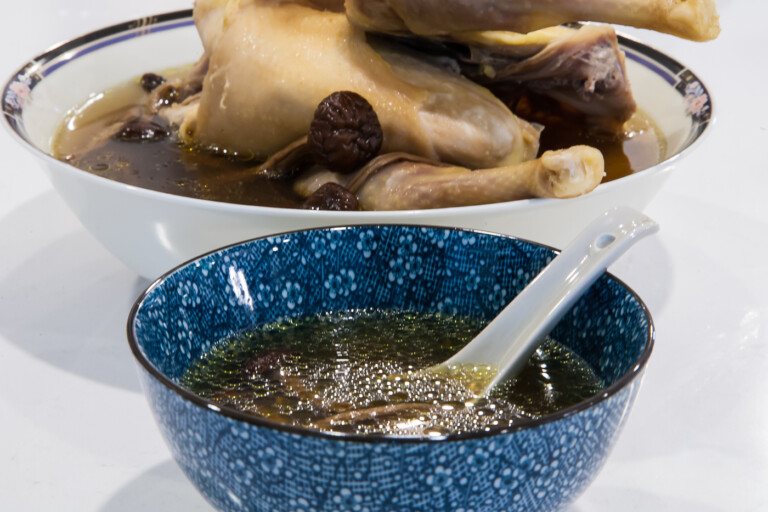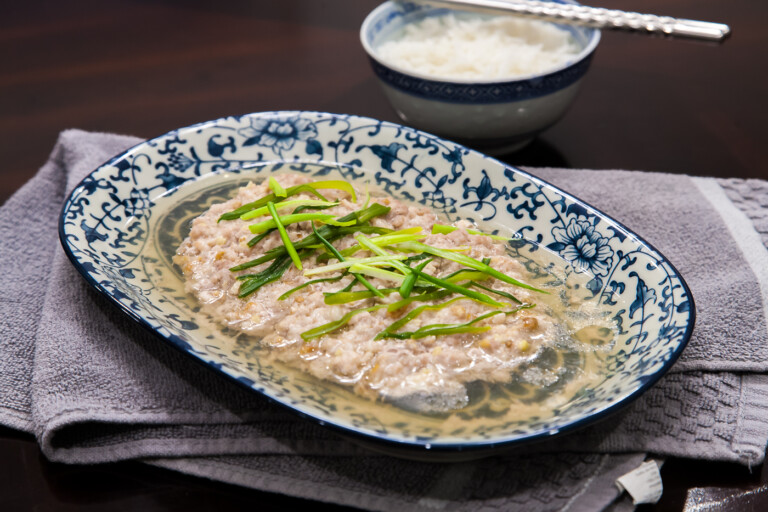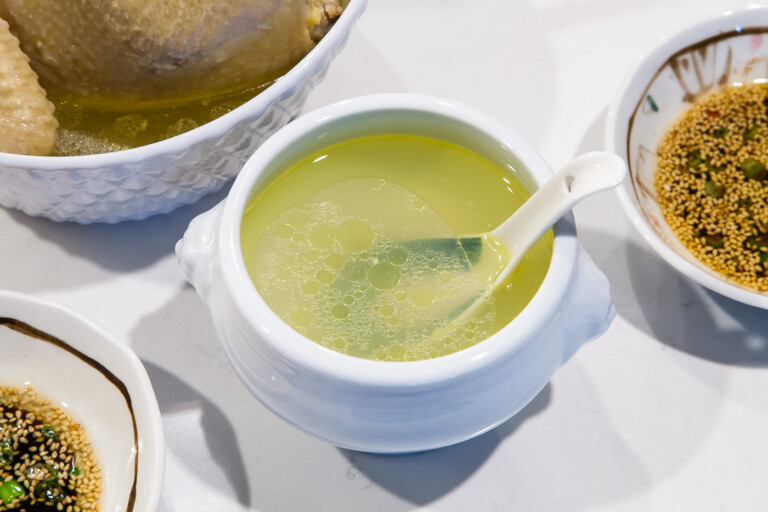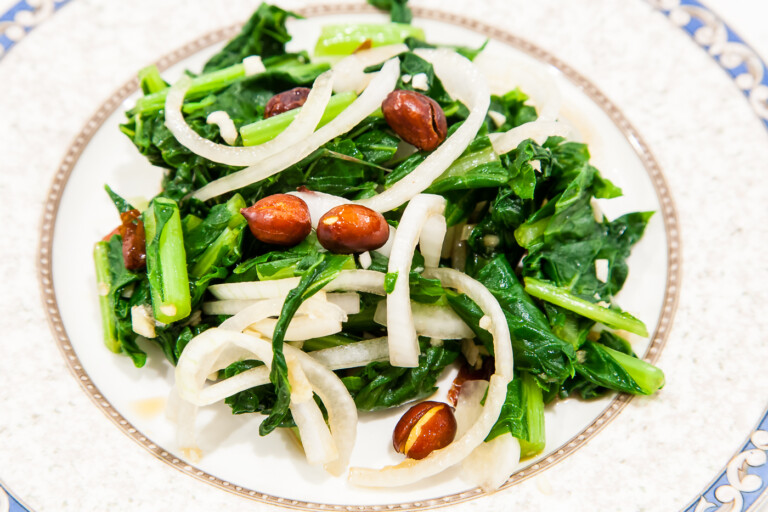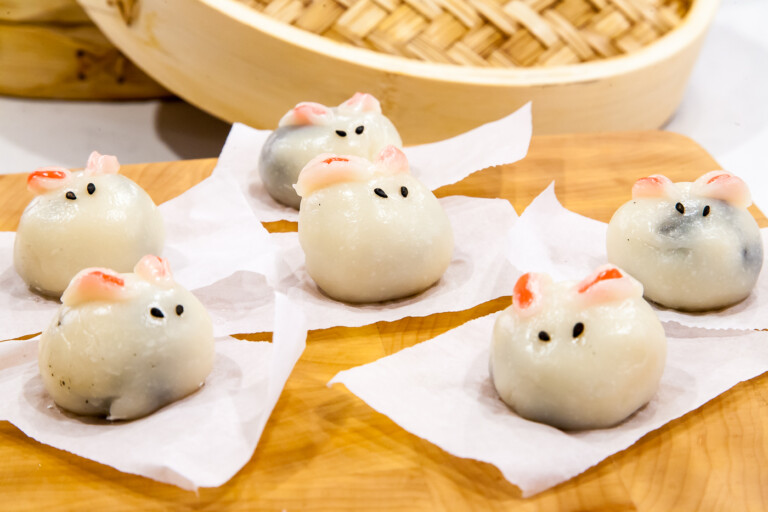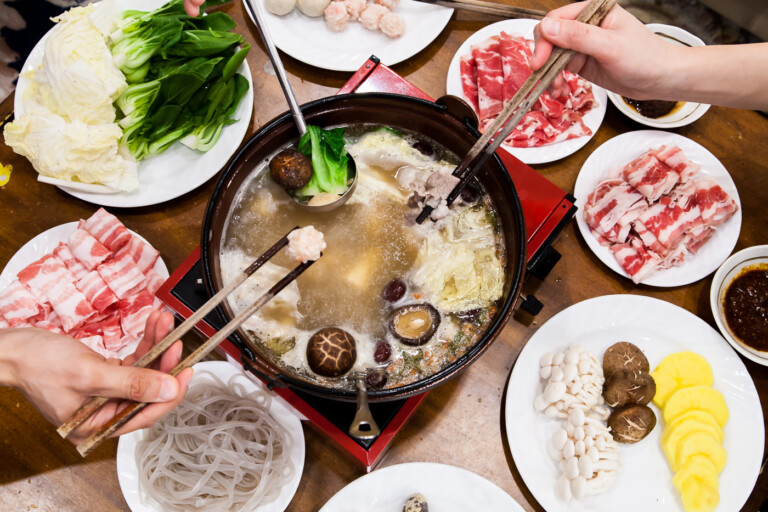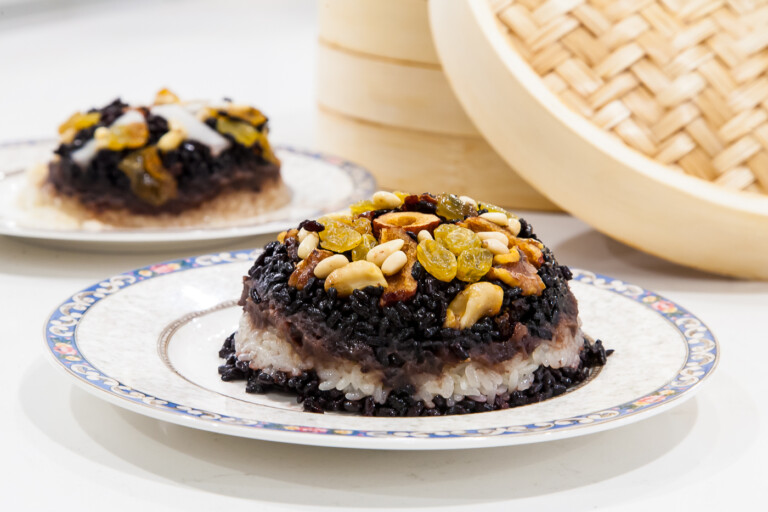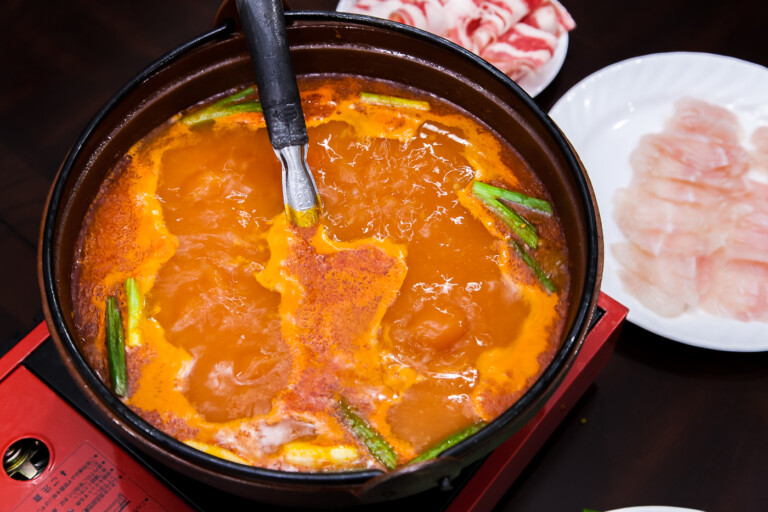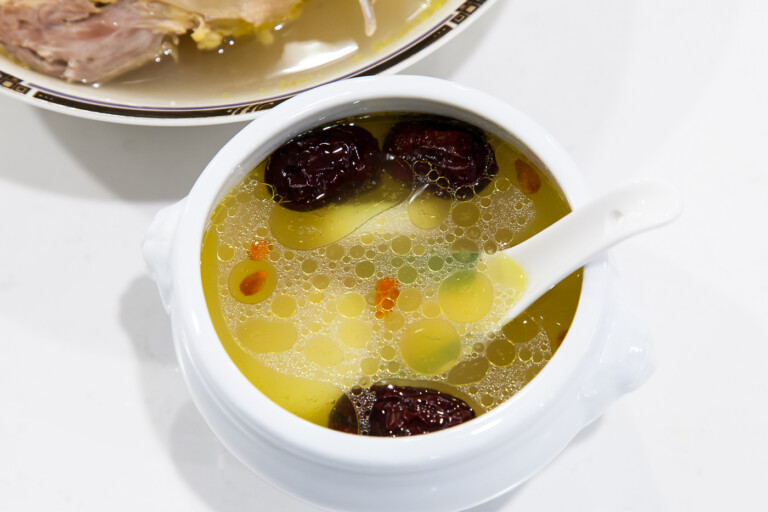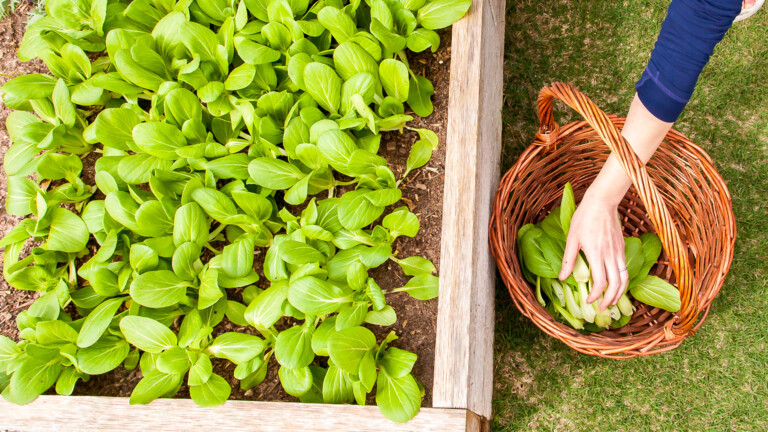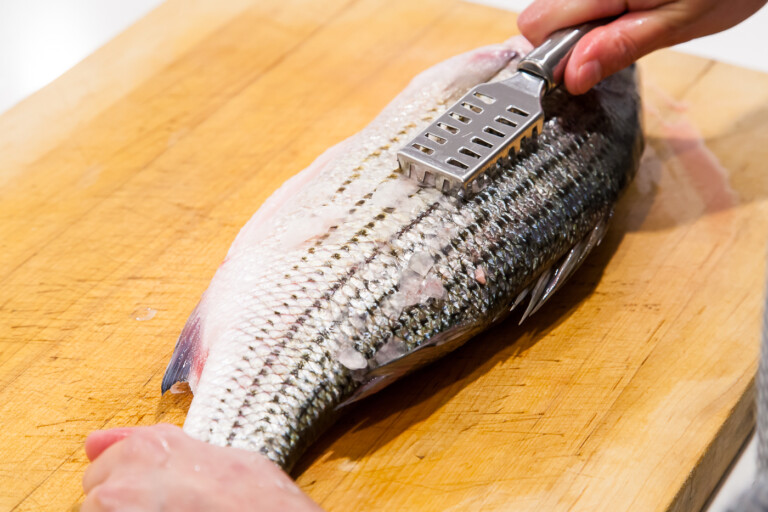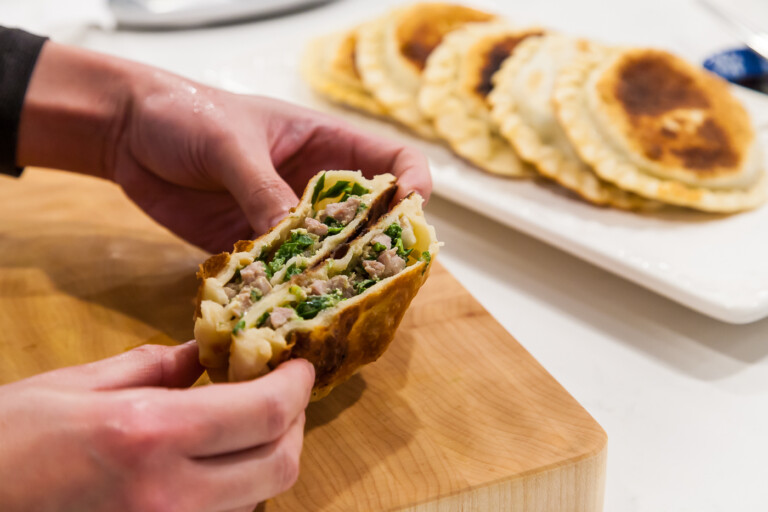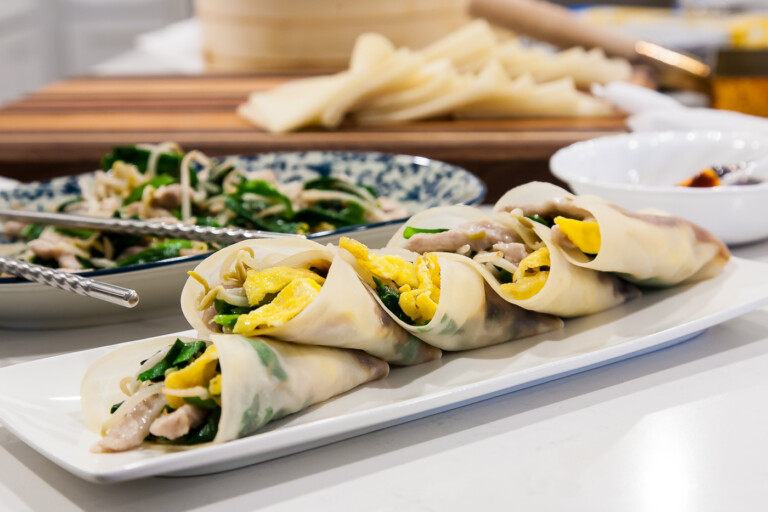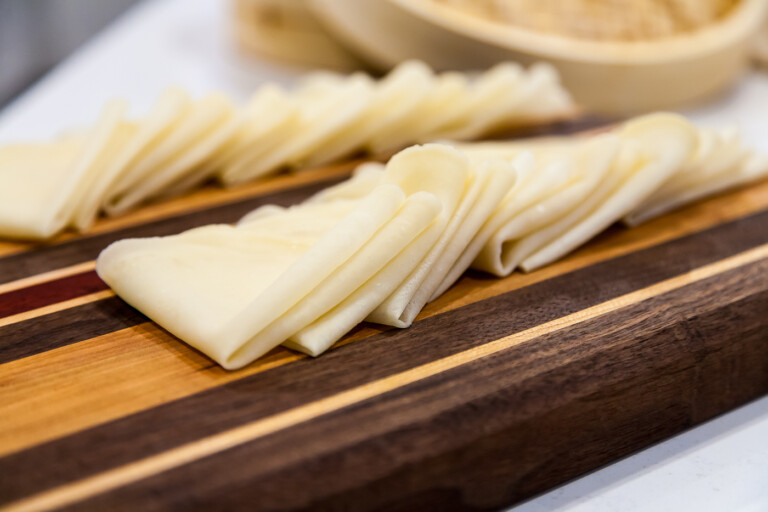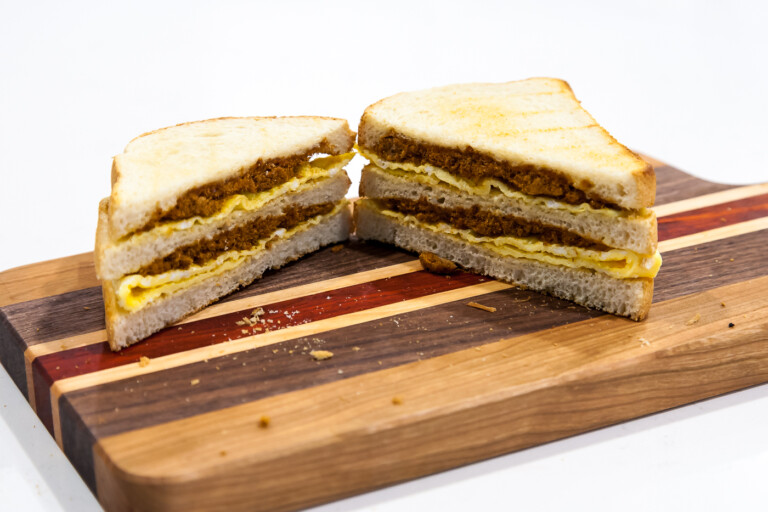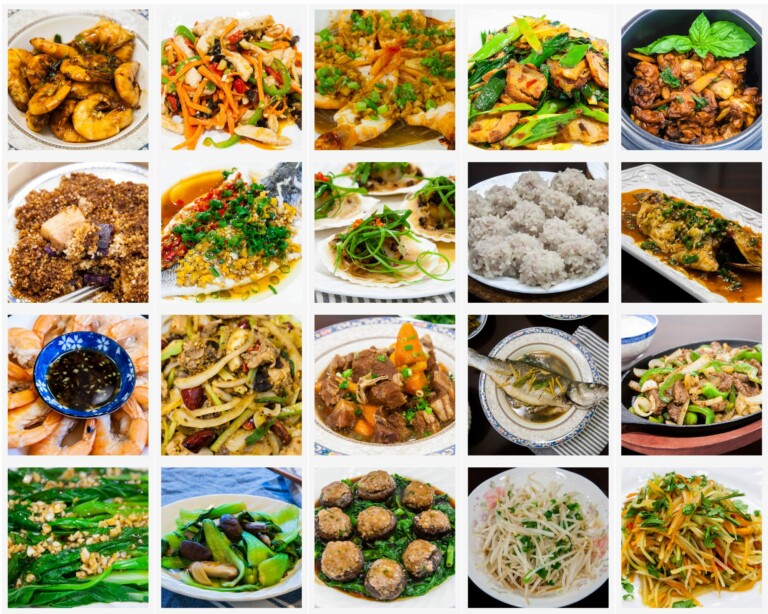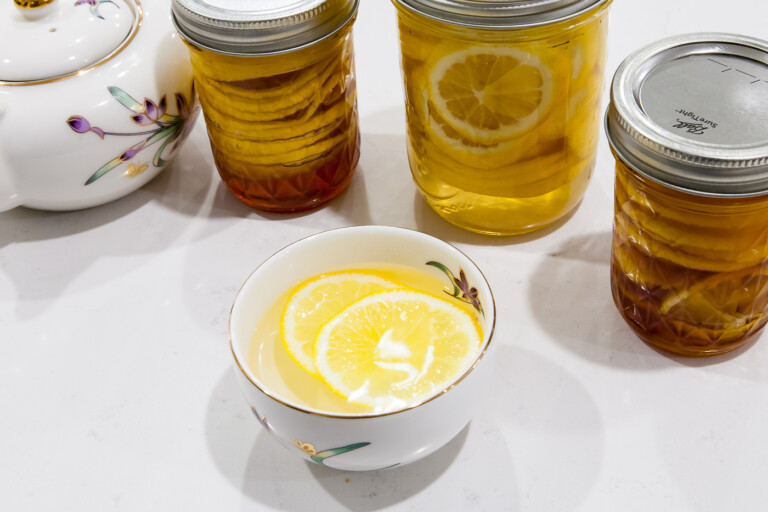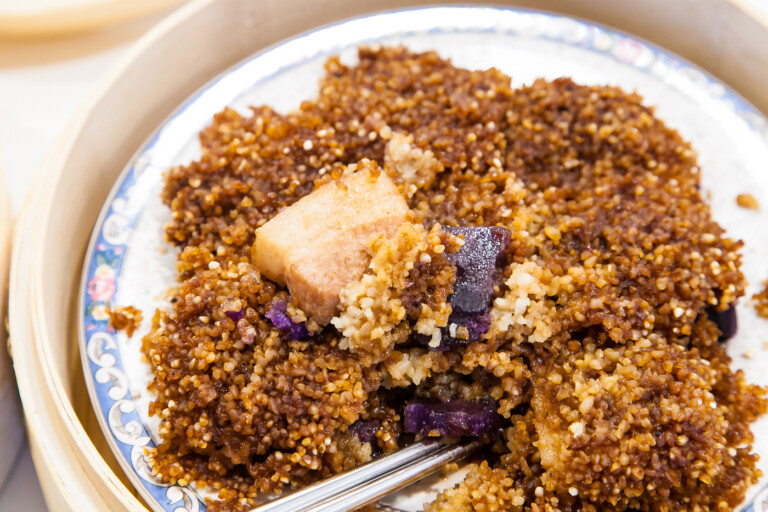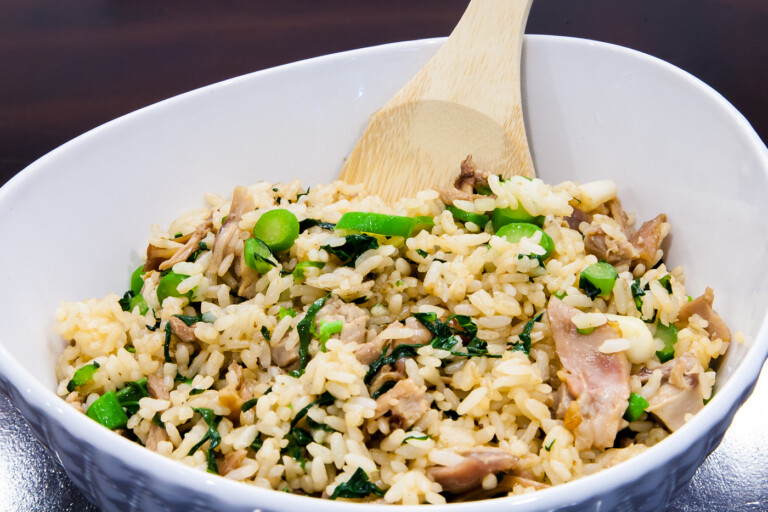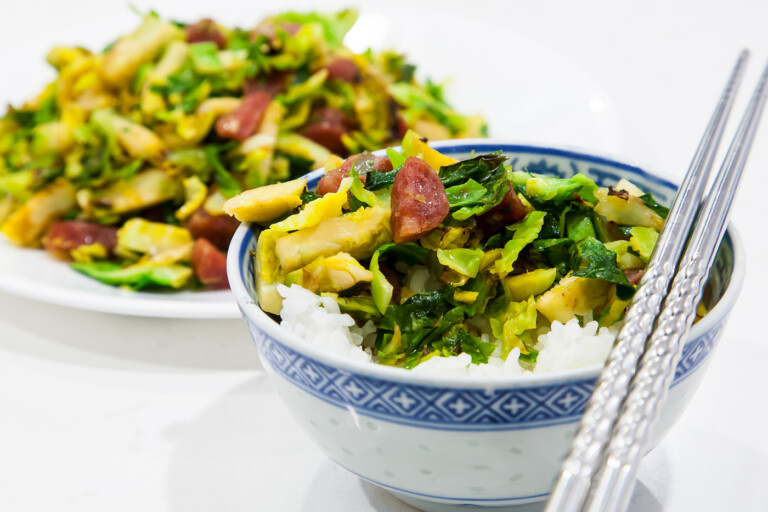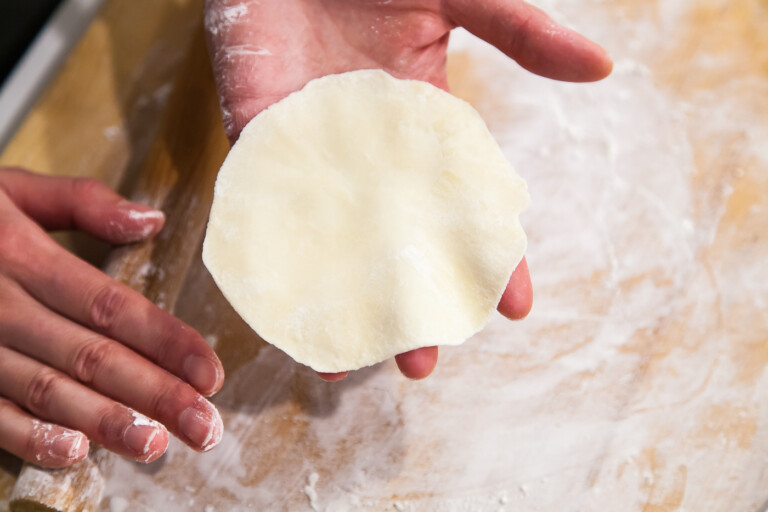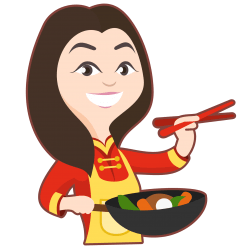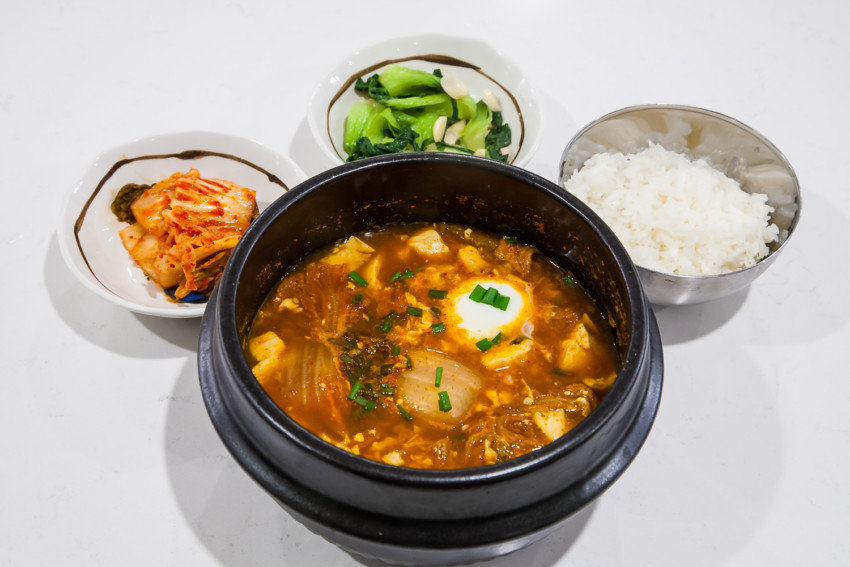
Easy Soondubu Kimchi Jjigae – Korean Soft Tofu Kimchi Stew (韩式泡菜豆腐煲)
January 22, 2022 Print
I used to frequent Korean restaurants in my 20’s while living in mid-town Manhattan. The Korean restaurants in K-town were the only ones opening 24-7 near where I lived (right near the Empire State building). I would go there in the wee hours after a late night of work with my then boyfriend (husband now), and we would order and enjoy some yummy Korean dishes while talking about work and life.
One of my favorite dishes to order was Soondubu Jjigae (Soft Tofu Stew). I never got tired of it. I would try different combos with seafood, beef, mushrooms, Kimchi, etc. It was especially delicious and warming when the weather was cold.
How time flies! Now I live in a Texas suburb with my husband and two kids. Instead of eating out, I cook most of the time. I admit I definitely cook more Chinese food than other Asian cuisines but I also like to diversify and take advantage of living the melting pot environment of the US.
I like to cook some of my favorite Korean dishes for my family from time to time. Since I’m not Korean, I don’t always have a full pantry of Korean ingredients. But I do stock the essential ones, like Kimchi, dried anchovies, kelp, salted shrimp, hot pepper paste, and miso sauce. Many of these are also used in Chinese and Japanese cuisines.
Today’s recipe Soondubu Kimchi Jjigae (Soft Tofu Kimchi Stew) is a slightly modified version of one shared with me by a good Korean friend. This version is pretty simple yet tasty, and great for a cold day! Like many Korean jjigae (stews), dried anchovies and kelp are essential for making the soup base. Without these two ingredients, you really can’t get that complex umami taste. Some Asian grocery stores sell them together in packages, but it’s much cheaper to buy them separately. Both dried anchovies and kelp can be stored for a long time so it works out really well for someone like me who occasionally wants to enjoy some homemade yummy Korean jjigae.
If you like tofu based soup/stew, you can try my other tofu recipes: Tomato Fish Fillet Tofu Stew, Napa Cabbage Tofu Pork Bone Soup, and Luffa Fish Fillet Tofu Stew.
Tool: Korean earthenware (medium size) 1
Gluten Free, Low Carb
Preparation Time: 5 minutes
Total Time: 40 minutes
Servings: 2 – 4 people
Ingredients:
- 1 tube of soft Korean tofu (aka. soondubu or sundubu) 2
- 1 cup napa kimchi 3 (cut into smaller pieces)
- 1 tablespoon of Korean hot pepper flakes (aka. gochugaroo) 4
- 3 – 5 dried anchovies (aka. myul chi) 5
- 1 medium piece dried kelp (aka. dashima) 6
- 1 teaspoon fish sauce
- 1 teaspoon soy sauce 7
- 1 to 2 large eggs
- previously thawed or fresh seafood (optional) 8
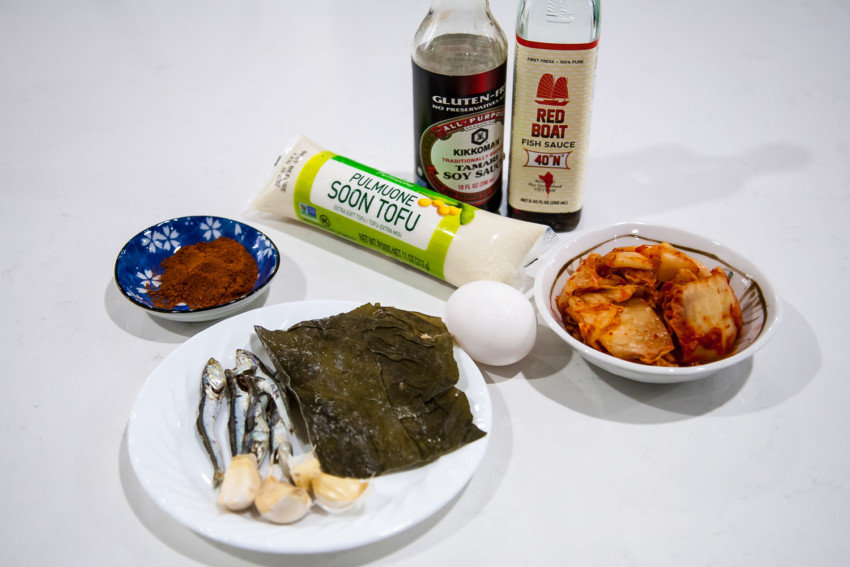
Preparation:
- Peel and mince the garlic. Wash the dried kelp to remove any visible dust.
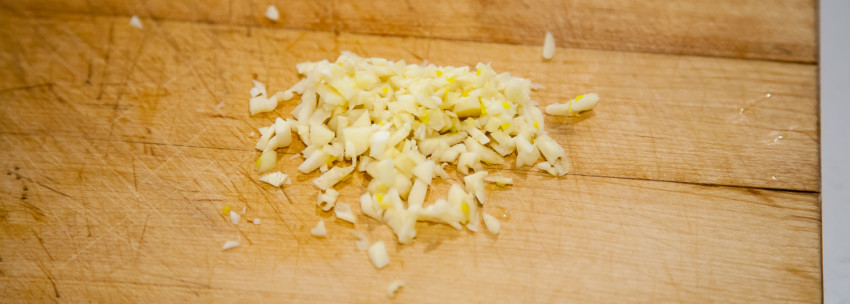
- Heat a stone pot or a small sauce pan under medium heat. When the pot is warm, add the one teaspoon of vegetable oil and the minced garlic, stirring a bit until the garlic releases some aroma. Add the napa kimchi and the 1 tablespoon of Korean hot pepper flakes, stirring together for a bit. Then add ~2 cups water or until the water level is about 1 inch above the kimchi.
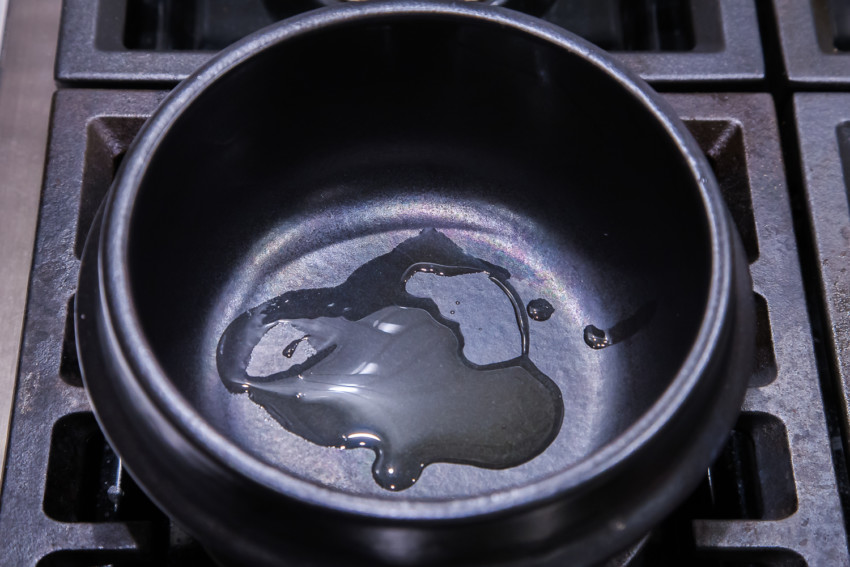
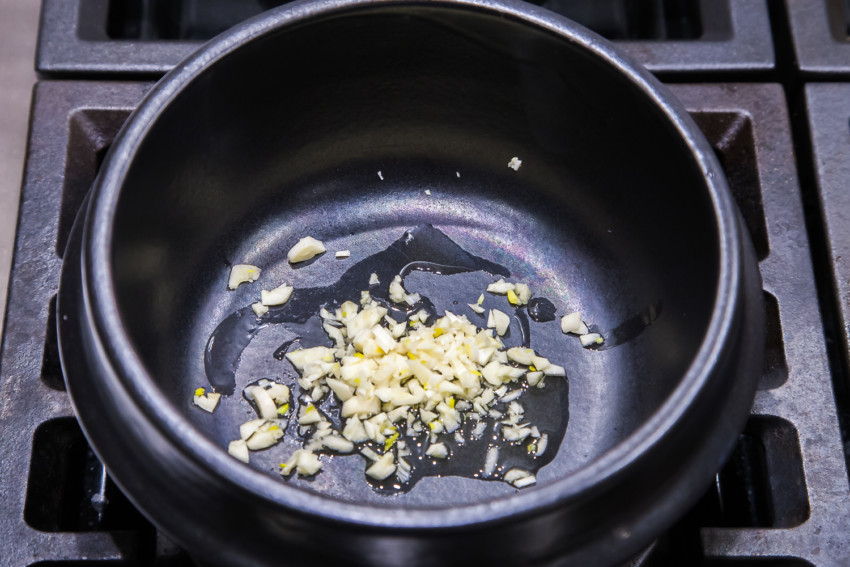
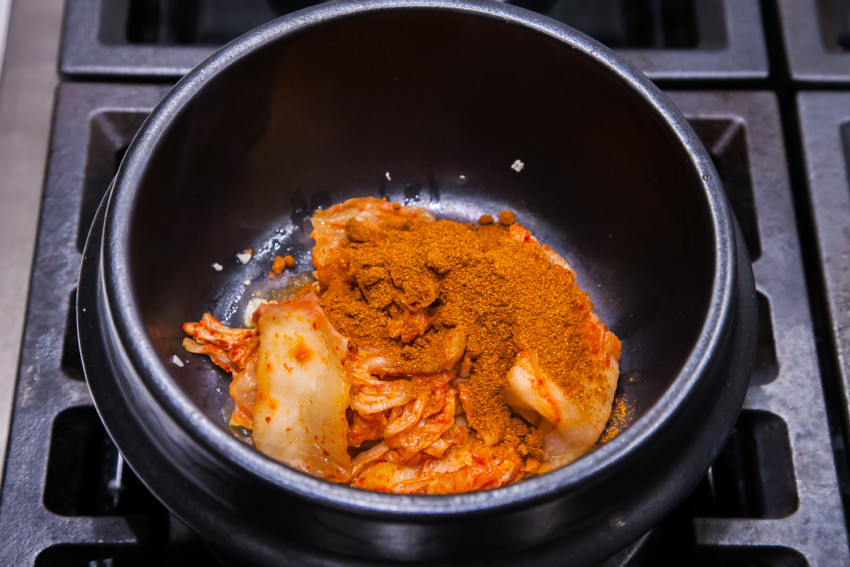
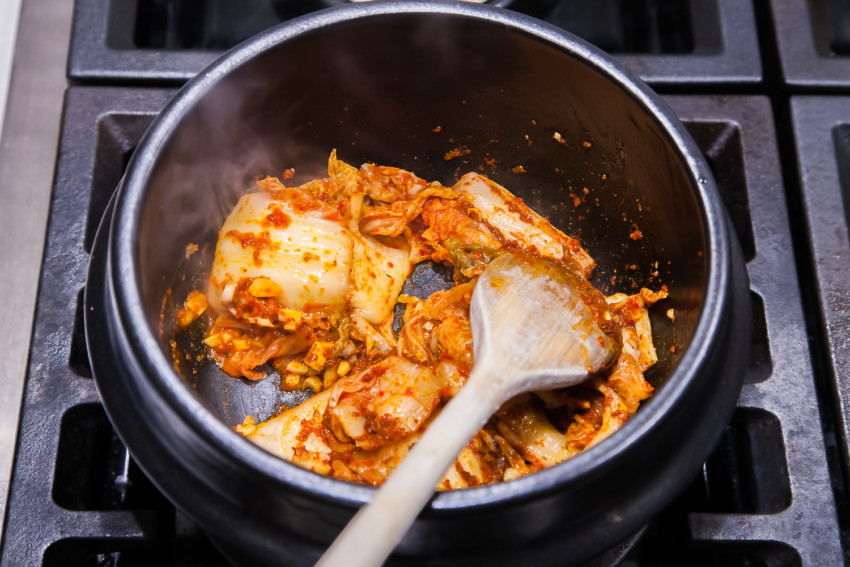
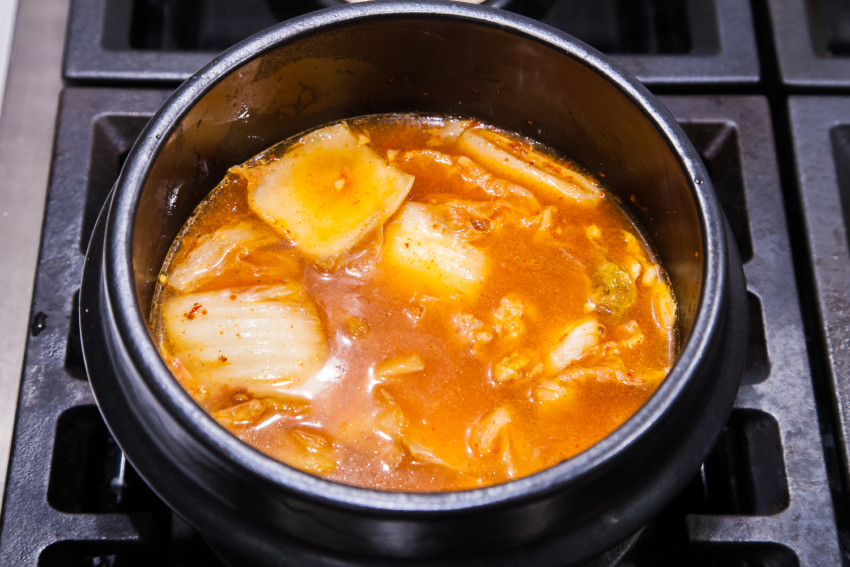
- Add the dried anchovies and dried kelp. Then set the heat to medium high. Cover the lid. After the liquid starts boiling, lower the heat to medium-low and let simmer for 15 minutes.
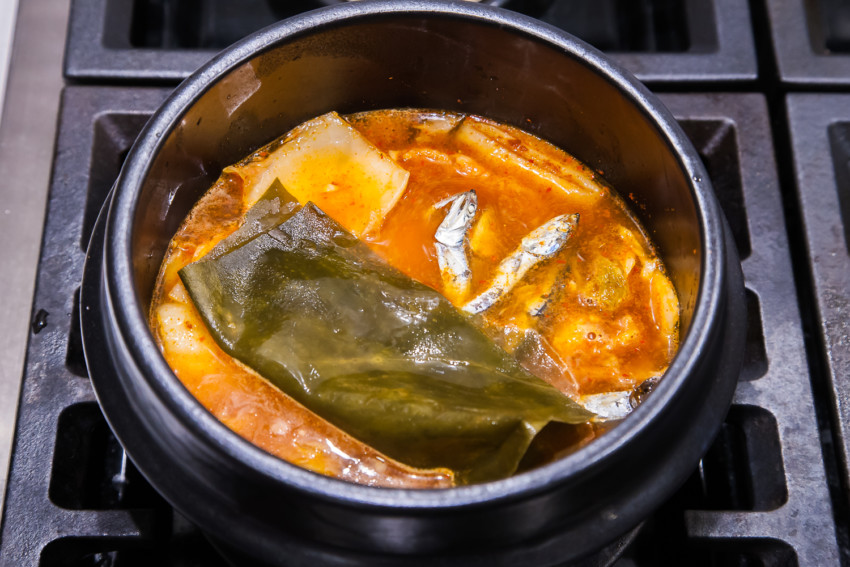
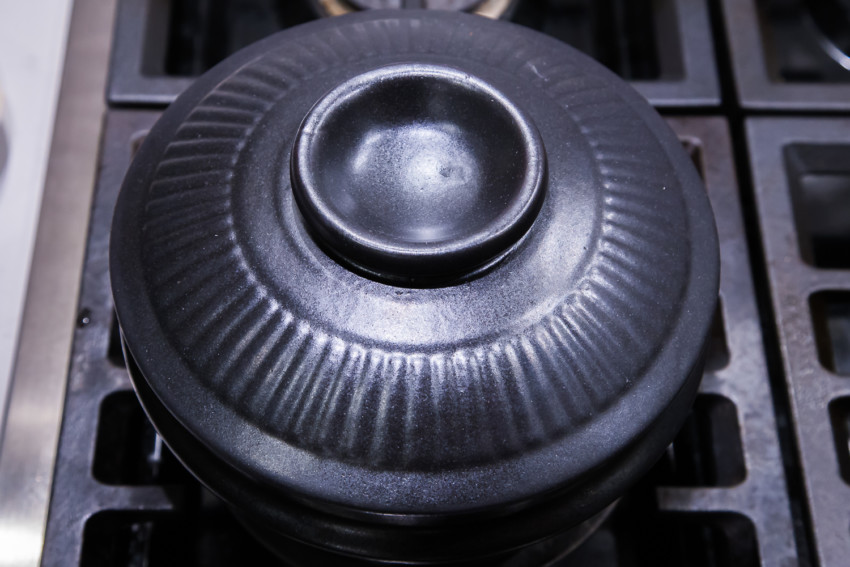
- After 15 minutes, remove the dried anchovies and kelp. Add the 1 teaspoon of fish sauce and 1 teaspoon of soy sauce, mixing well. Add the seafood (if using). Then add a tube of soondubu to the pot. Use a chopstick or spoon to gently cut the tofu into pieces. Turn the heat to medium or medium-high. Cover the lid and let boil again.
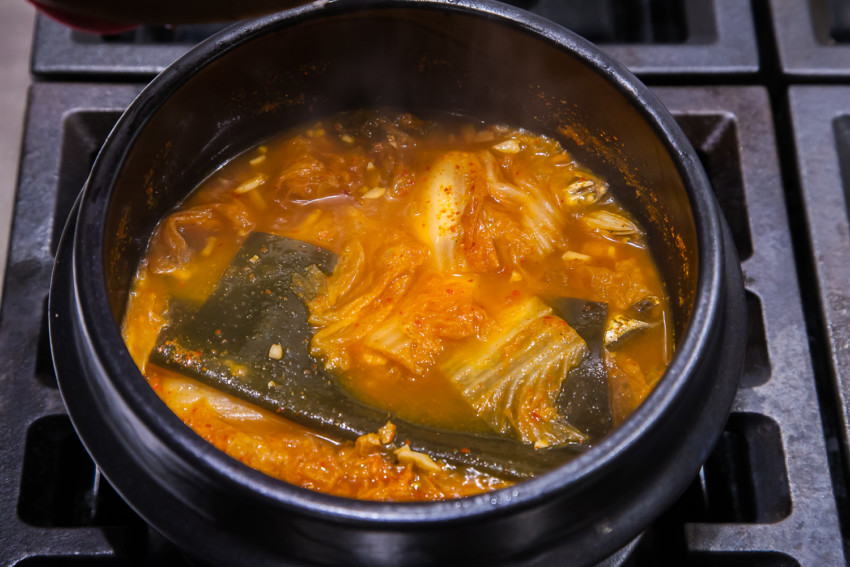
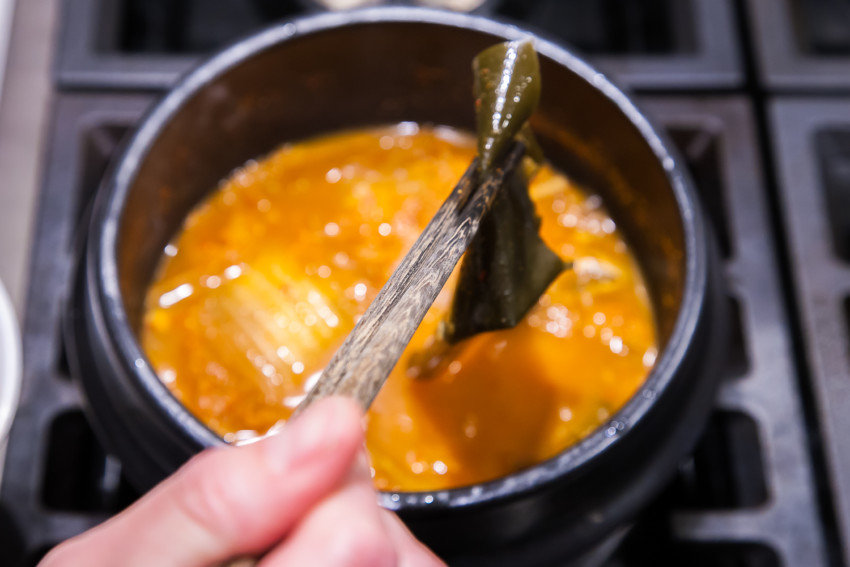
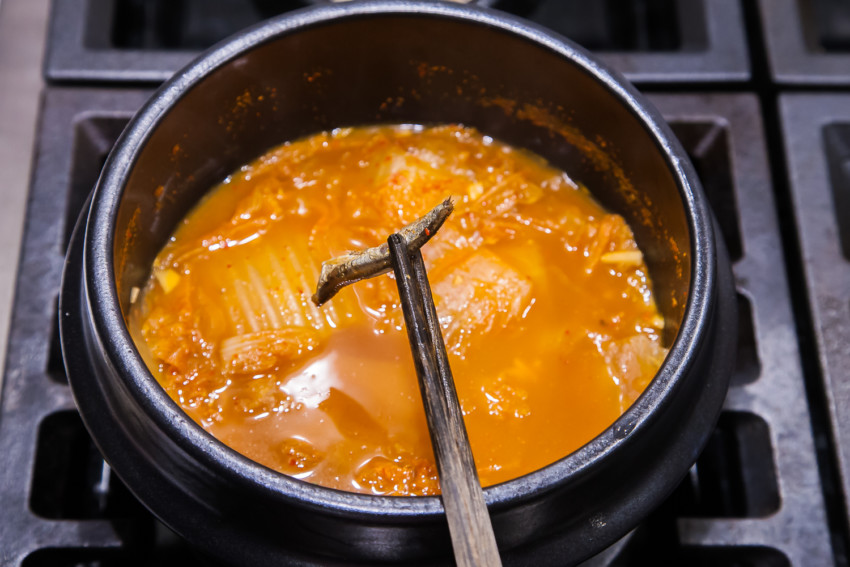
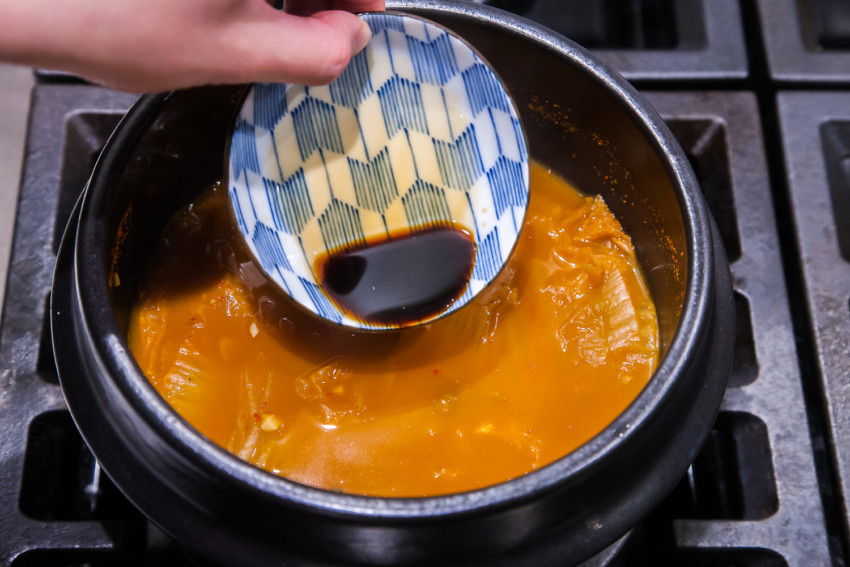
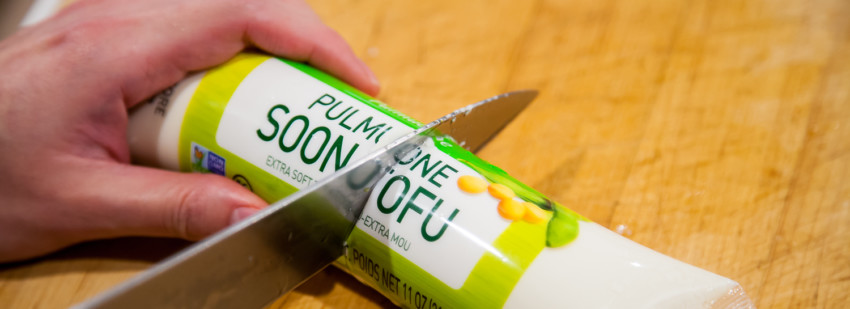
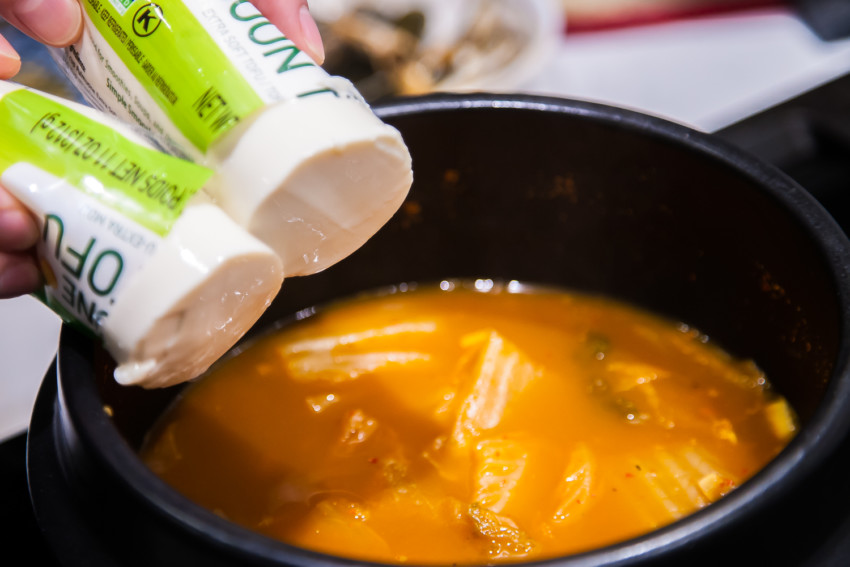
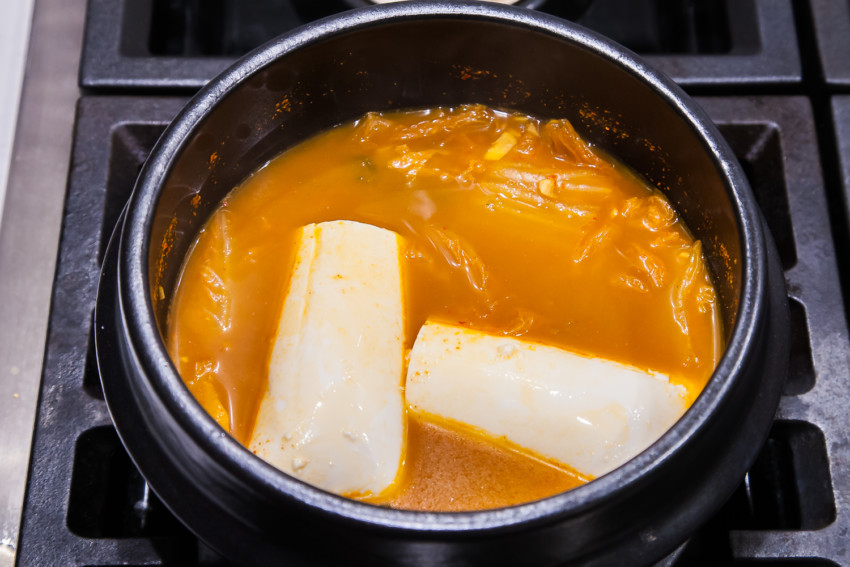
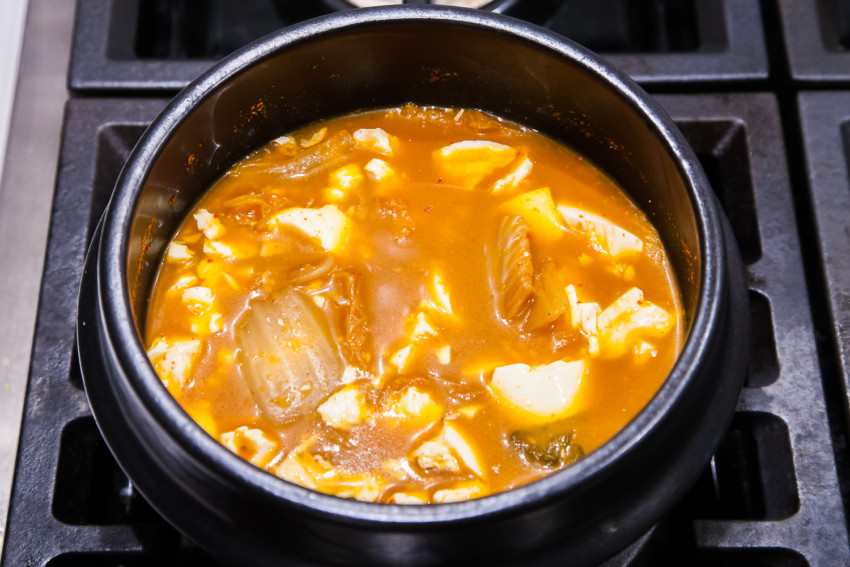
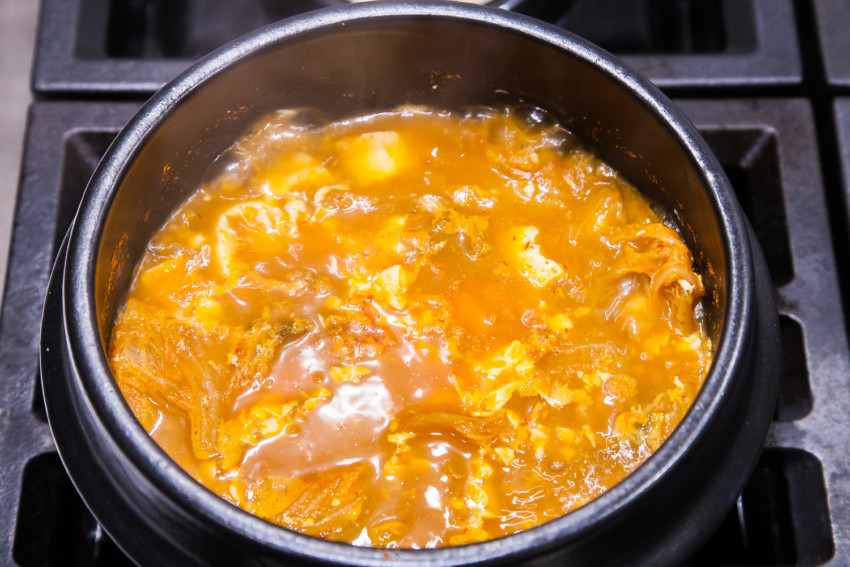
- When liquid boils again, crack and add 1 or 2 raw eggs and sprinkle some green onions on top. Best enjoyed when hot!
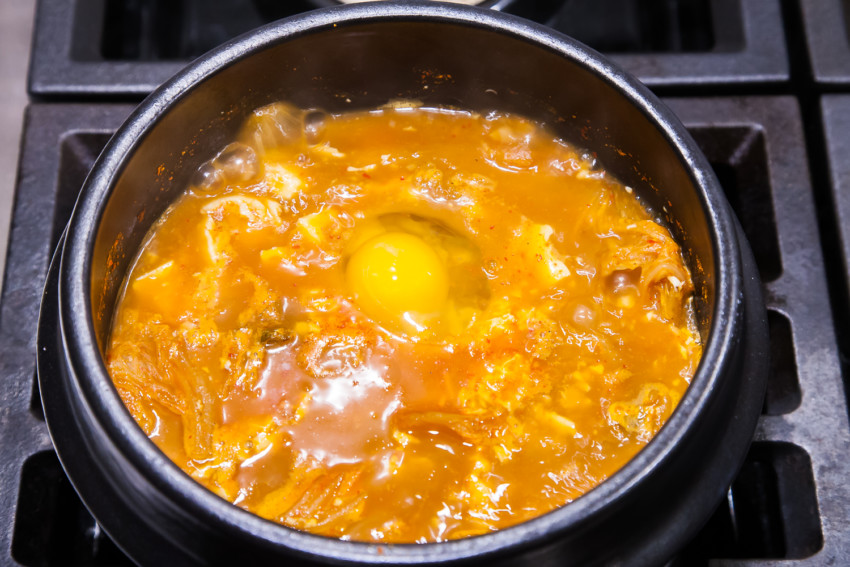
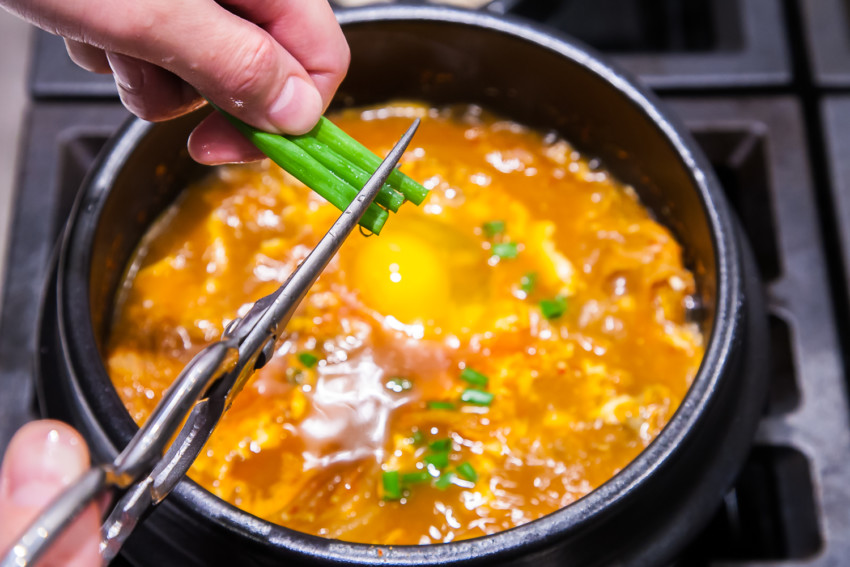
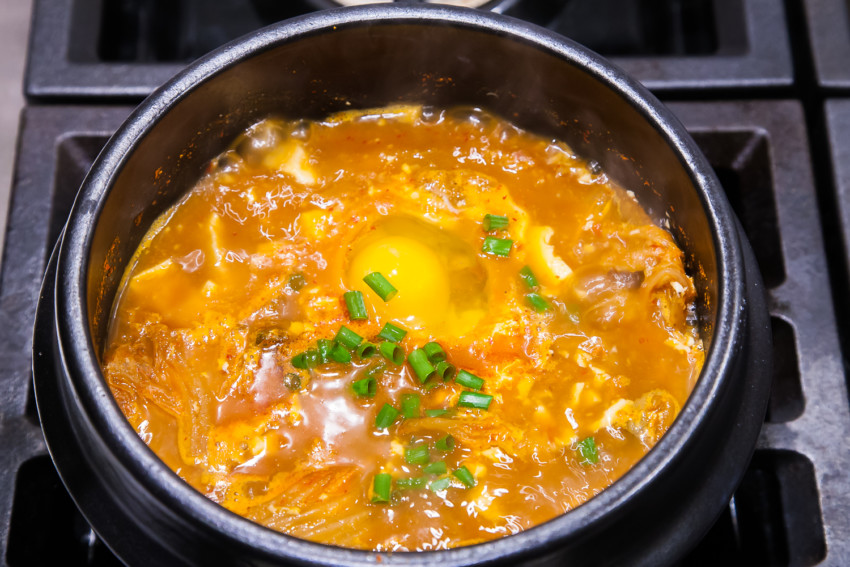
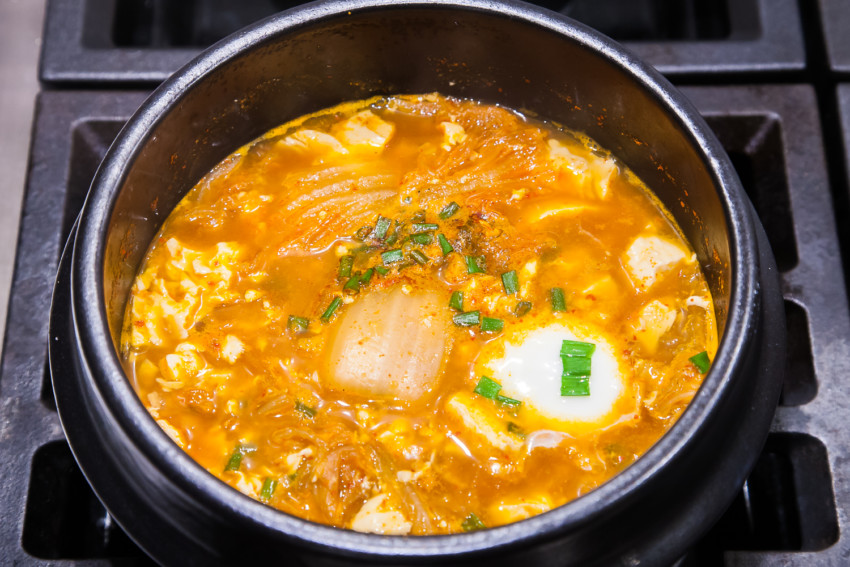
Bon Appétit
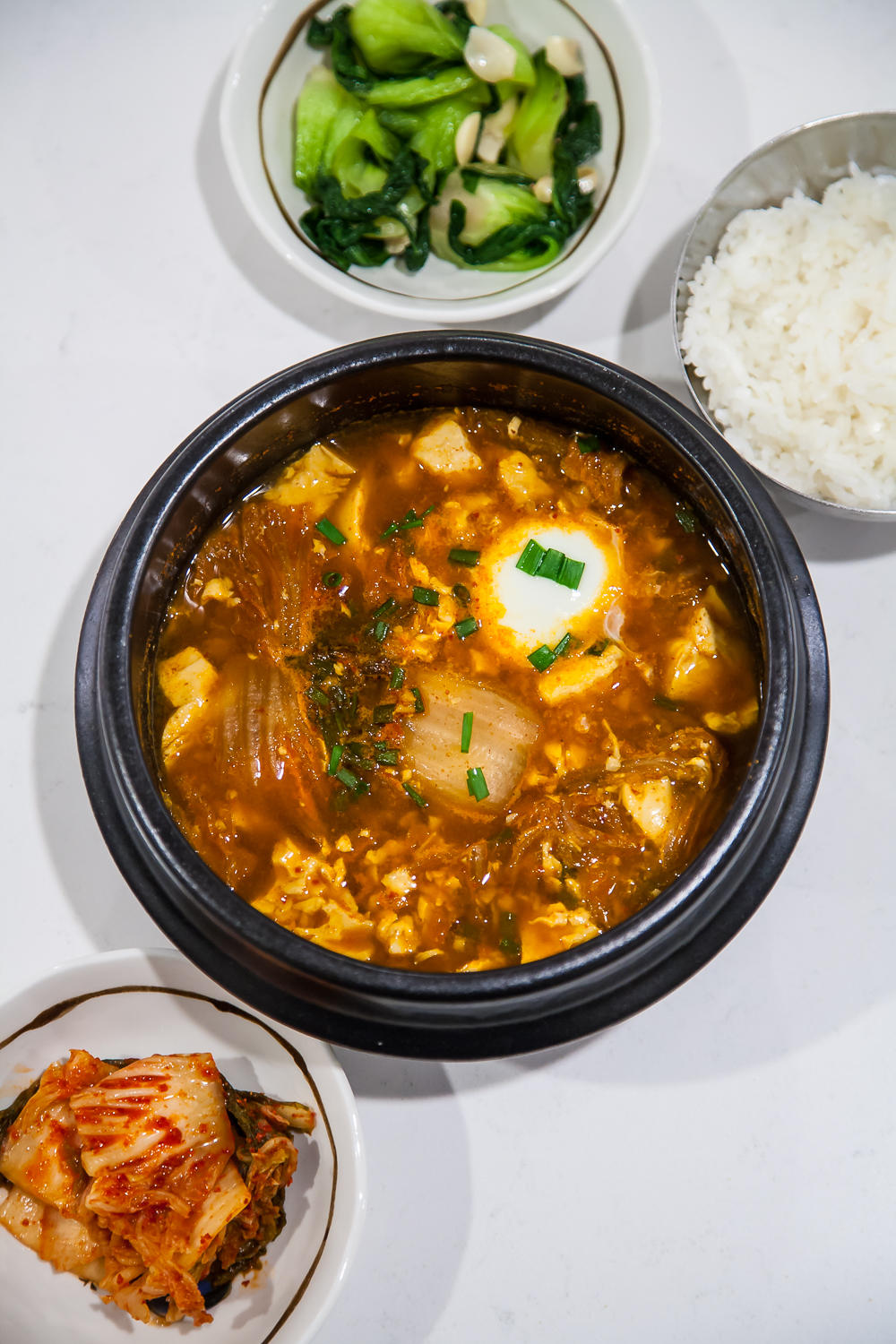
Notes:
- You can usually get earthenware from any Korean grocery store and many Asian grocery stores. The amounts this recipe calls for is meant for a medium-sized earthenware pot. Alternatively, you can use a 1.5 – 2 quart small sauce pan.
- Make sure you get the soft Korean tofu that’s specific to soondubu/sundubu jjigae. They are usually sold in tubes. To open, simply use a sharp chef’s knife to cut it in the middle.
- The napa cabbage kimchi should be translucent rather than solid white. This means it is fully fermented.
- You can change the amount of Korean hot pepper flakes based on your heat tolerance. I used medium-heat hot pepper flakes. 1 tablespoon results moderately spicy jjigae.
- Use either medium or large dried anchovies. Dried anchovies can be found in most Asian grocery stores in either the refrigerated or freezer section. They can be stored in a freezer for a long time.
- Dried kelp can be found in most Asian grocery stores as well. They are sold in long slices. You only need a piece about 3 inches x 6 inches in size. It does expand after washing.
- Use gluten-free soy sauce if you are gluten free or gluten intolerant.
- For a varied taste, you can use any type or combination of seafood. I tend to get the frozen seafood mix bag which usually has shrimp, mussels, and squid.
As an Amazon Associate I earn from qualifying purchases.


